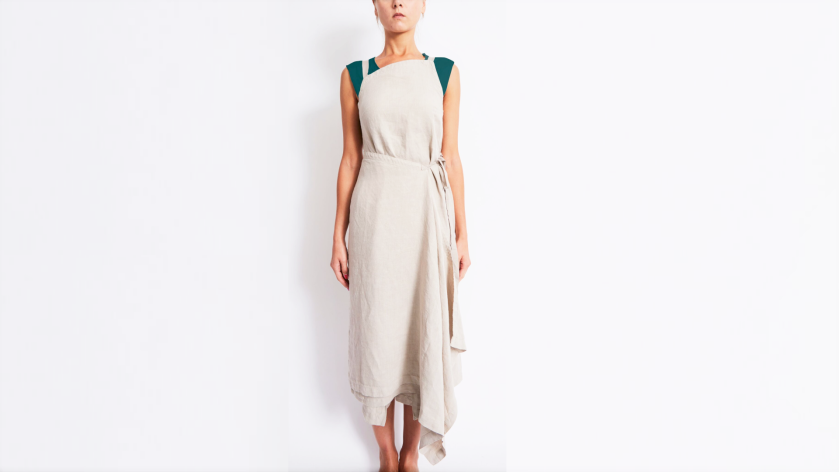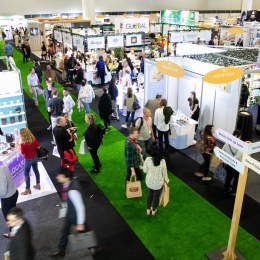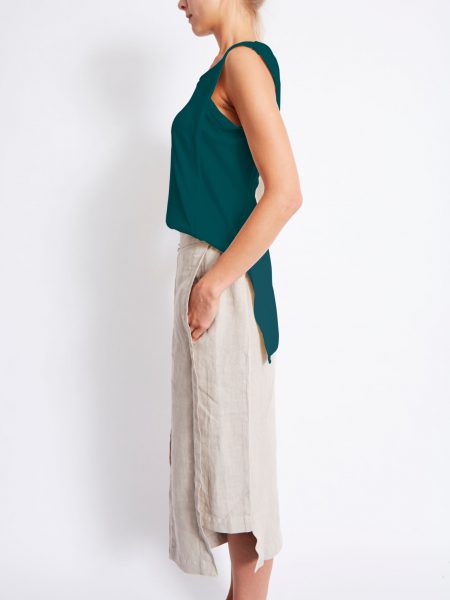 Another significant step towards sustainability within the spa industry has just been taken with the launch of endota’s new team uniforms. The entire range is now made from organically grown cotton and a sustainable hemp-Tencel blend, extending endota’s commitment to utilising the highest quality, environmentally responsible materials throughout all aspects of their business. The move comes as the brand continues to strive towards establishing and maintaining a position as an industry leader in sustainability, developing best environmental practices in line with their core belief of living mindfully in connection with nature.
Another significant step towards sustainability within the spa industry has just been taken with the launch of endota’s new team uniforms. The entire range is now made from organically grown cotton and a sustainable hemp-Tencel blend, extending endota’s commitment to utilising the highest quality, environmentally responsible materials throughout all aspects of their business. The move comes as the brand continues to strive towards establishing and maintaining a position as an industry leader in sustainability, developing best environmental practices in line with their core belief of living mindfully in connection with nature.
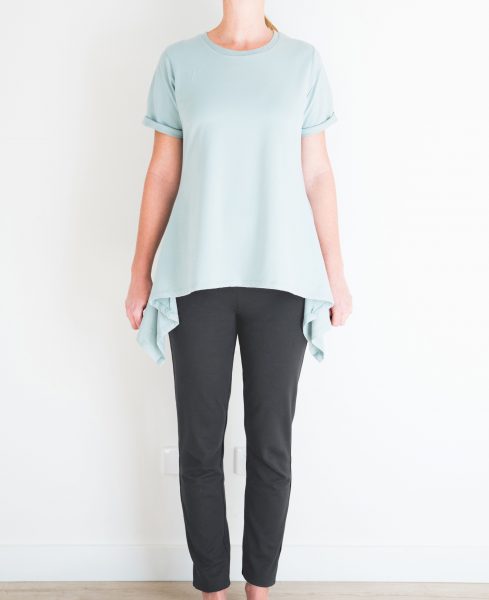 To create the new range of spa uniforms, endota engaged in a kismet partnership with Australian designer Kit Willow and her company, KITX, known throughout the fashion community for her elegant and sustainability-driven design concepts. KITX carefully combines aesthetics and functionality with ethical design – from the fabric and finishes through to the packaging, the ecology-led brand focuses on sourcing every component sustainably, to leave as little impact as possible on the environment.
To create the new range of spa uniforms, endota engaged in a kismet partnership with Australian designer Kit Willow and her company, KITX, known throughout the fashion community for her elegant and sustainability-driven design concepts. KITX carefully combines aesthetics and functionality with ethical design – from the fabric and finishes through to the packaging, the ecology-led brand focuses on sourcing every component sustainably, to leave as little impact as possible on the environment.
Melanie Gleeson, endota’s CEO and founder, explains: ‘We needed a strong partner who shared our aims and ethos.
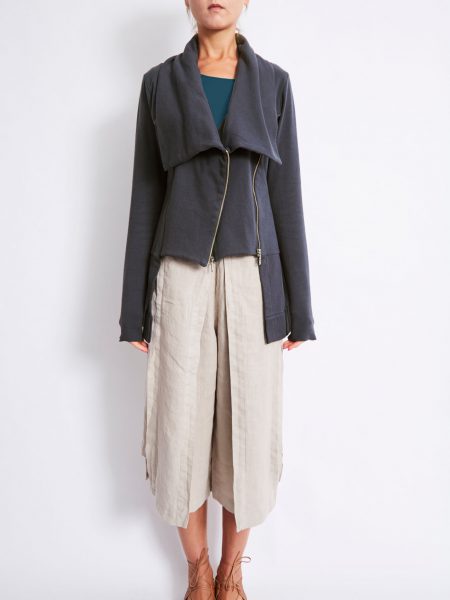 Kit and her team understand the importance of working from a base of consciously sourced, beautiful materials. Using the best quality resources has many advantages on both an ecological and personal level. We can minimise harm to the planet and embrace a sense of doing good while looking and feeling great.’
Kit and her team understand the importance of working from a base of consciously sourced, beautiful materials. Using the best quality resources has many advantages on both an ecological and personal level. We can minimise harm to the planet and embrace a sense of doing good while looking and feeling great.’
There are three all-natural fibres contained within the range, chosen by endota and KITX for their superior environmental credentials and practicality as fashion within the workplace. All are designed to be comfortable, breathable, and practical for spa therapists and assistants.
- Organic cotton — The use of organic cotton provides a sustainable choice over resource-heavy industrial cotton. The reduced water, chemical and carbon footprint in organic production systems has a positive effect in replenishing soil fertility and removes the impact of toxic substances on the environment.
- Hemp — Due to its light eco-footprint, hemp is fast becoming an alternative to cotton. Used in textile production for thousands of years, this fast-growing, ultra-durable fibre may be the most adaptable and sustainable crop on earth. The hemp plant is naturally insect repellant and requires little water to grow.
- Tencel — Produced from cellulose found in wood pulp, Tencel is a human-made fibre with a silky hand-feel. Blending hemp with Tencel softens its natural texture, making the resulting fabric more pliable with wash and wear. Without the addition of dyes, the finish has a natural, ivory tone. Tencel is derived from responsibly grown eucalyptus forests so that land usage is reduced, and no irrigation or pesticides are required. 99% of chemicals used during manufacture are recycled and reused, causing fewer emissions and less waste.
The mix-and-match pieces have also been created with different body types in mind, including maternity. The soft colour palette reflects the grounding nature of the earth and the calming effect of water.
‘We want our therapists to feel confident and at ease on the job, so that they can provide the absolute best care for our customers. The response has been overwhelmingly positive,’ says Gleeson.

